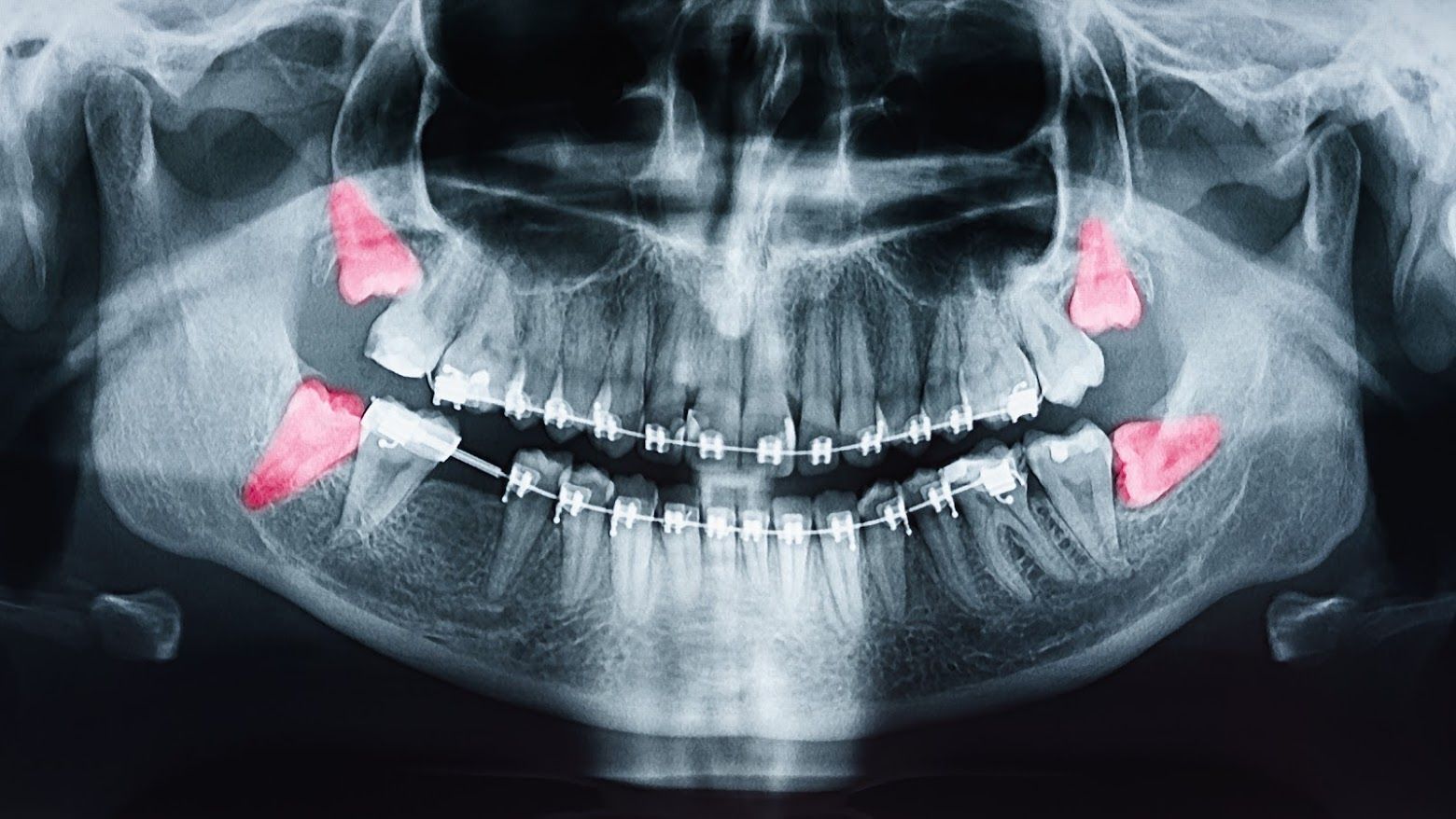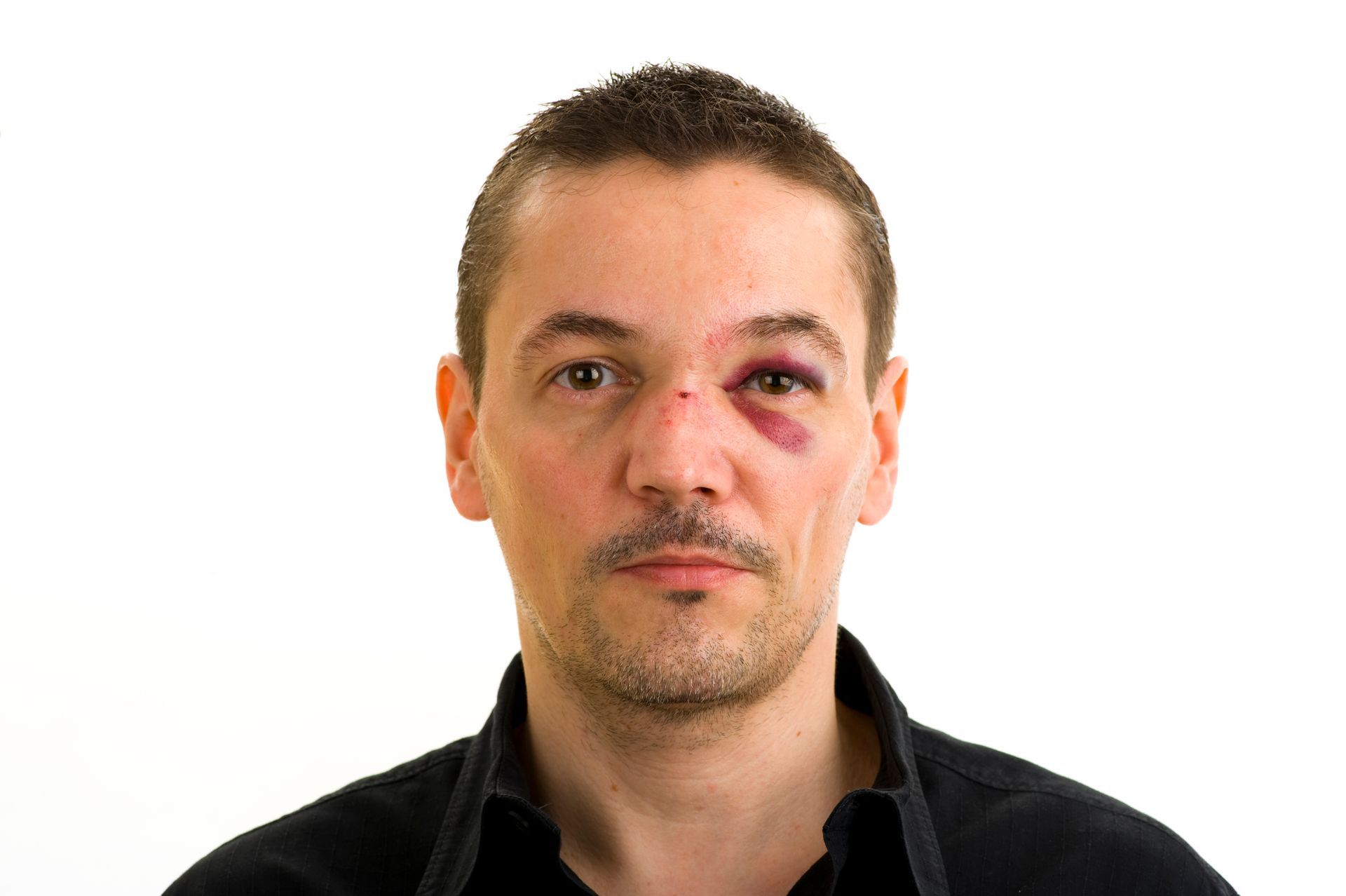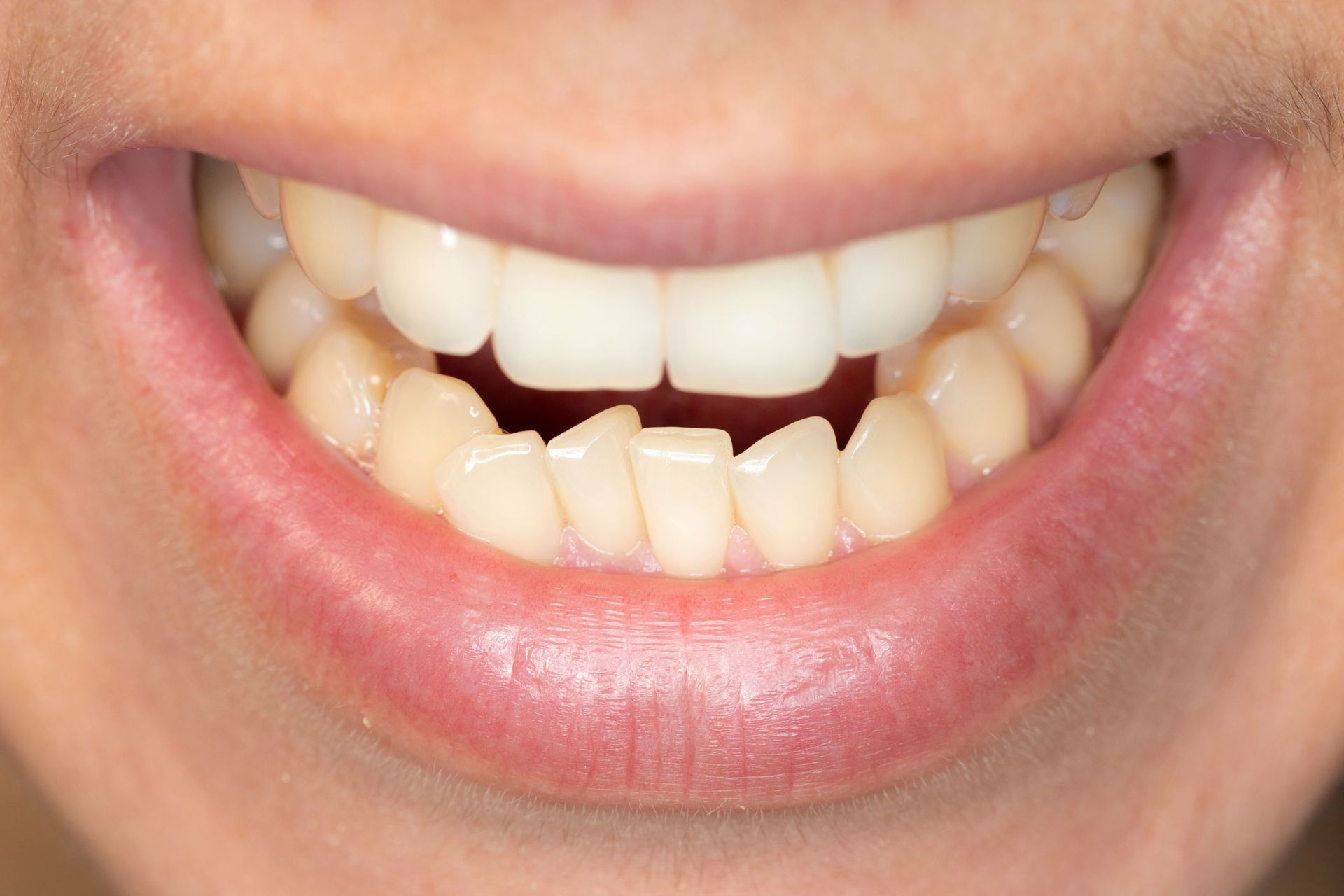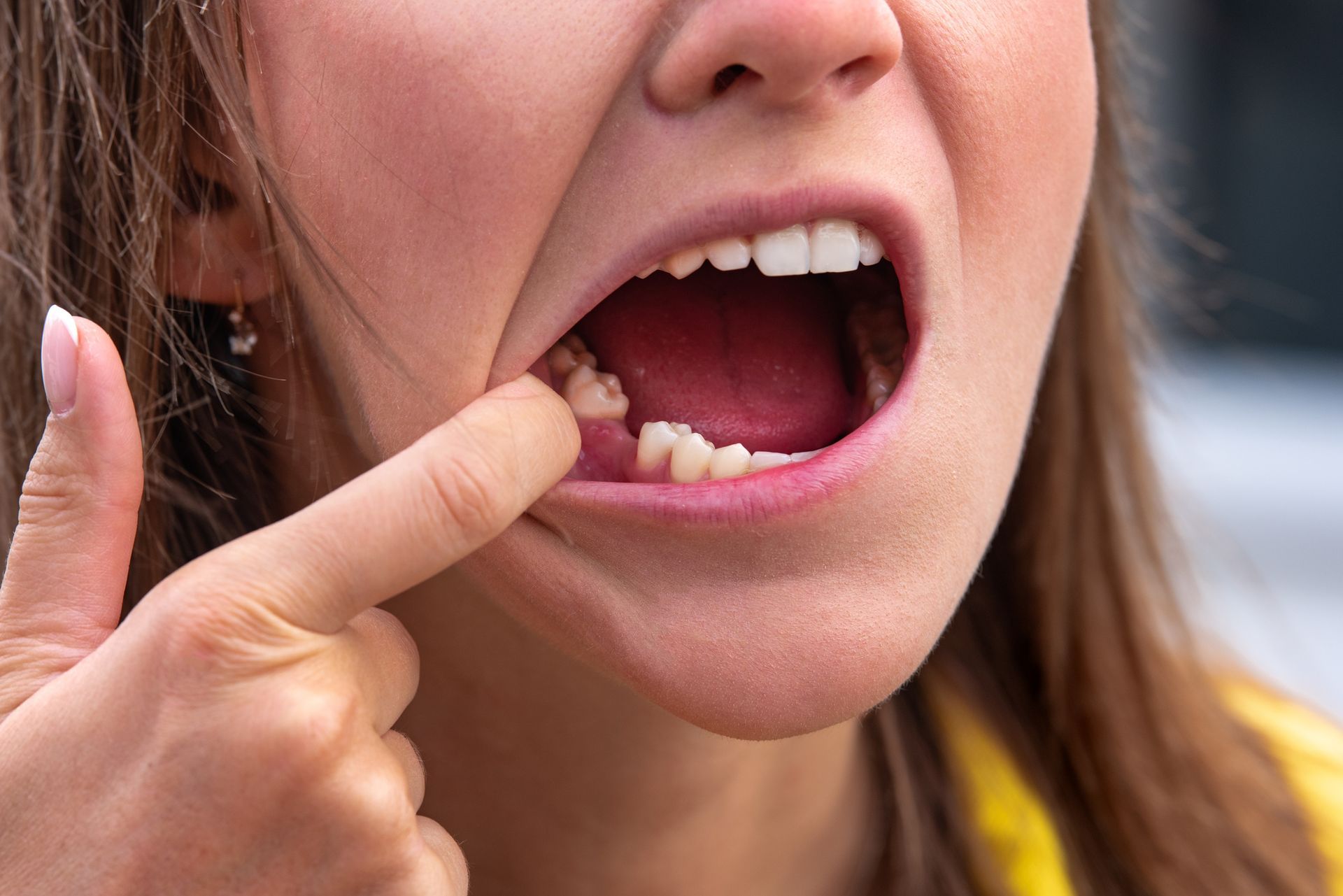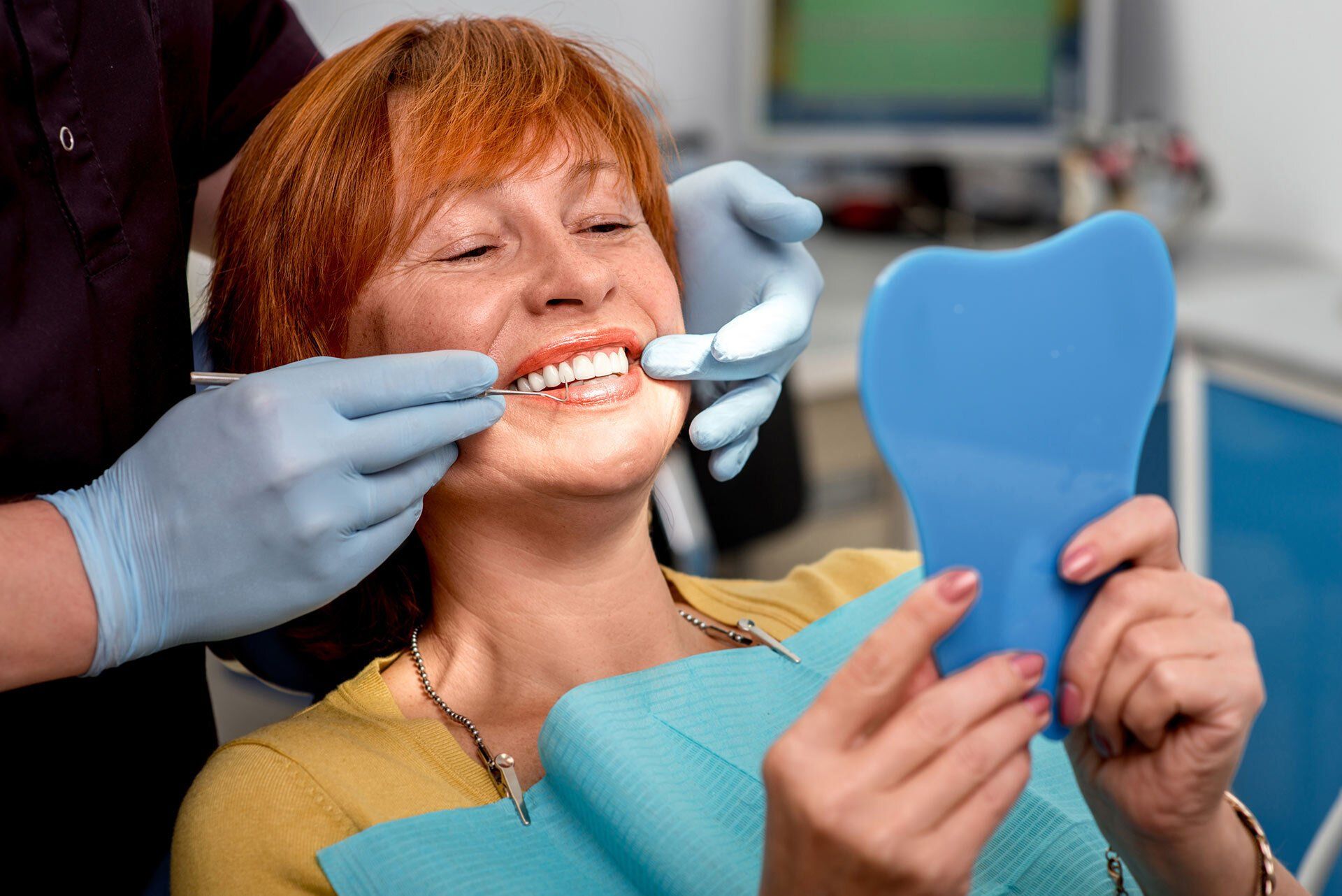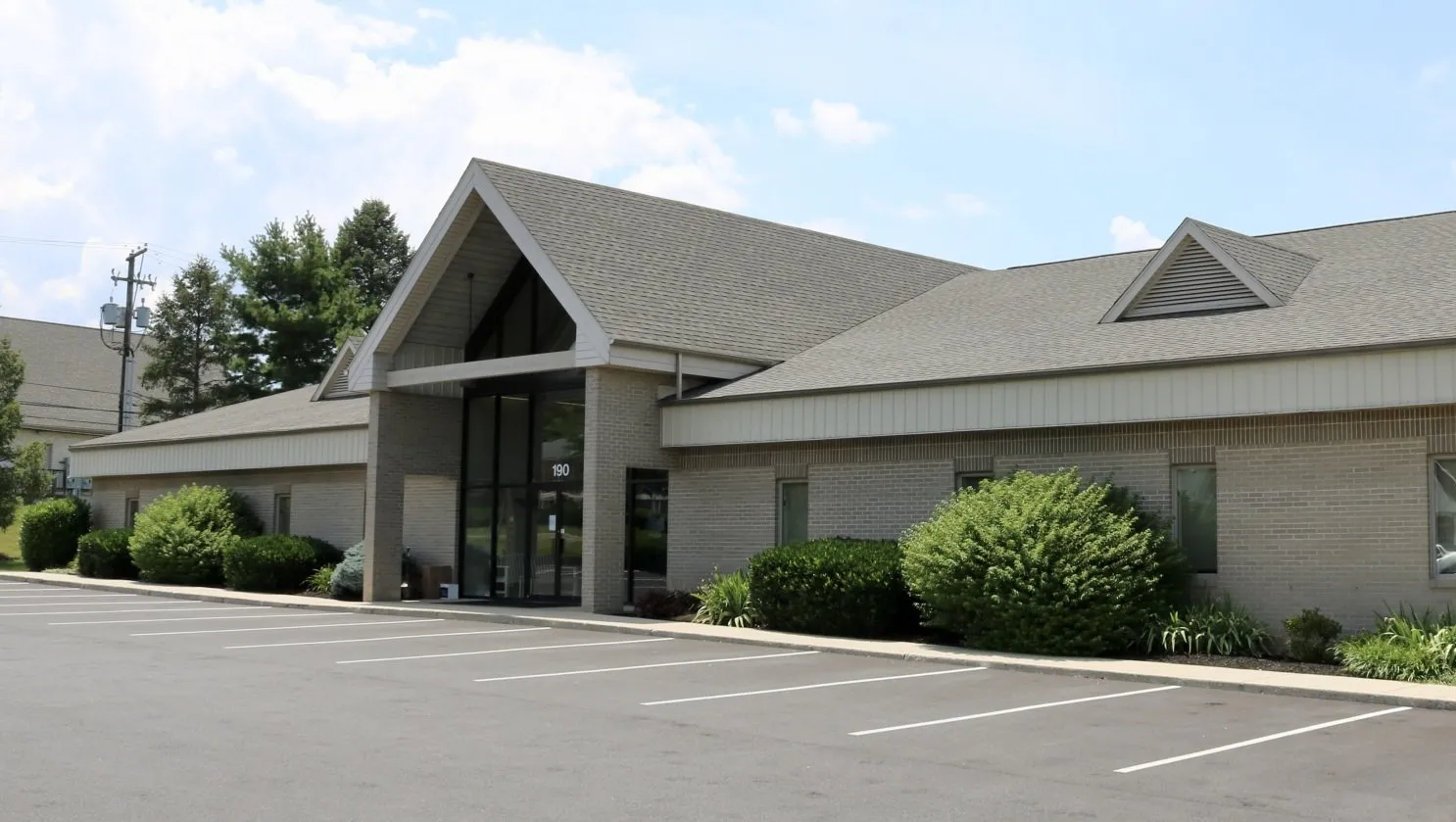Lancaster Office
Hershey Office
Lititz Office
Tackling Tooth Loss | Conestoga Oral Surgery
Tackling Tooth Loss
Many Americans are missing one or more teeth. This can drastically affect a patient’s self-esteem and confidence, but it is important to remember that there are replacement options available. Read on to learn more about tooth loss and the complications that result when spaces are left vacant in the mouth.
What Causes Tooth Loss?
Decay (caries) is one of the leading causes of tooth loss. There are many reasons for decay to develop on a tooth. The leading cause is poor oral hygiene or consuming a high-sugar diet. The bacteria in your mouth thrive in these conditions and slowly soften and compromise the enamel on your teeth. When caught early, decay is easily treatable with fillings, but when left untreated the cavities become too large, resulting in the need for root canals, crowns, or even extractions. In addition to diet and hygiene, dry mouth caused by medications can also increase a patient’s risk for cavities. Routine visits with a general dentist allow a patient to maintain good oral health and prevent tooth loss. Oftentimes, dentist will recommend fluoride treatments with trays or special toothpastes for patients that are highly susceptible to cavities.
Traumatic injury to teeth such as a fall or biting on something hard can also cause teeth to fracture or loosen. When not addressed in a timely manner, the injured teeth will deteriorate resulting in their demise. Should you sustain an injury to your teeth, it is important to be seen by a dentist or oral surgeon as soon as possible to evaluate the areas and determine the prognosis quickly.
Gum disease (Periodontal Disease) is notorious for causing tooth loss because it not only affects the gum tissues, but also results in progressive bone loss around the teeth. The bacteria in the mouth proliferate in deep pockets around the teeth that a traditional toothbrush is unable to reach. If left untreated, gum disease can spread throughout the mouth and lead to unstable teeth from bone loss and eventual failure.
Smoking (both tobacco and vaping) can also affect your oral health and lead to gum disease and tooth loss. Heavy nicotine use results in poor healing and comprising gum health. In addition, patients with complex medical histories and uncontrolled medical conditions such as diabetes are much more susceptible to tooth loss. Keeping your entire body healthy will result in a better oral condition as well.
What Are the Complications of Tooth Loss?
There is social stigma with missing teeth and this can lead to someone feeling self-conscious about their smile. While this is the most obvious downside of missing teeth, there are also several complications that can result when missing teeth are not replaced.
The type of tooth that is missing is a factor to consider. When patients are missing teeth in the posterior (back) of the mouth they will notice a significant decrease in their ability to chew foods. The back teeth are meant to grind and mash food prior to swallowing. Many patients will then begin to chew with their front teeth, which can compromise their stability and result in additional tooth loss. When patient are missing teeth in the anterior (front) of the mouth, there can be difficulty with biting into foods and the speech can also be affected resulting in a lisp or whistling when talking.
Large and small spaces between teeth can result in food becoming trapped, which can be very frustrating for a patient. Food collecting around teeth can result in higher risk of cavity development, which leads to progressive tooth loss.
Teeth like to have neighbors and also like to have an upstairs and downstairs. When spaces are left empty in the mouth, teeth can shift into these open areas over time. This shifting can lead to difficulty chewing or speaking. The shifting may become so significant that the tooth may need to be extracted.
When replacement options such as a dental implant are not considered the bone where the teeth once were will thin over time. Just like an arm that has a cast for a long time becomes thin and atrophic due to lack of use, the bone of the jaw will also become atrophic as there are no chewing forces distributed deep into the jaw, which maintains bone width and height. When only a handful of teeth are missing, this may not seem to be something to be concerned with. When a patient loses a significant number of teeth, this can result in changes to the facial appearance. A sunken appearance, increase in wrinkles, or prominent chin can result.
How Can You Protect Your Teeth?
Luckily, you can take many steps to protect against tooth loss. Some of the best tips include:
- Regular brushing and flossing
- Avoiding high-sugar content foods and beverages
- Avoiding high-acidic foods and beverages
- Treating decay as soon as it appears
- Routine deep cleanings when periodontal disease is present
- Maintaining regular visits with your dentist
How Can You Replace Missing Teeth?
Removable partial/complete dentures and bridges are common solutions for missing teeth, but they both have pros and cons that should be discussed with your dentist or oral surgeon. These options do not maintain bone health and result in deterioration under the denture or bridge. A bridge also requires the preparation of the neighboring teeth for crowns. When crowns are already present, this is a good replacement option, however, if the teeth neighboring a missing space are virgin teeth (no fillings) drilling them down for caps is necessary.
Dental implants are an alternative to traditional restorative options that have been used in the past. They do not require any work to be completed on the neighboring teeth and also maintain good bone width and height at the edentulous space over time. When the space has thin bone, bone grafting prior to implant placement may need to be considered. Individual implants are a great choice if you have one missing tooth. They are brushed and cleaned just like natural teeth. When multiple spaces are present in the mouth several implants can be a game changer for a patient looking to chew better and improve their smile. For patients that have terminal dentition (heavily restored or beyond repair) a full mouth rehabilitation with multiple implants can be considered, which will support and new set of teeth. These teeth are screwed into the implants and do not come in and out. They are maintained with good daily hygiene and close monitoring by your dentist over time.
If you have missing teeth, you are not alone. You don't have to struggle with it any longer. Dental implants are an ideal way to replace missing teeth. If you would like to know more, contact us at Conestoga Oral Surgery today to schedule your consultation with one of our knowledgeable surgeons. We will work in conjunction with your dentist to help get you back to a stable and healthy smile.
- Mon - Thu
- -
- Friday
- -
- Sat - Sun
- Closed

